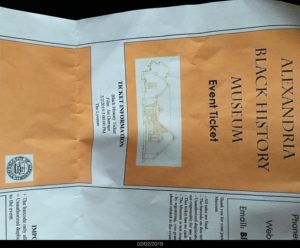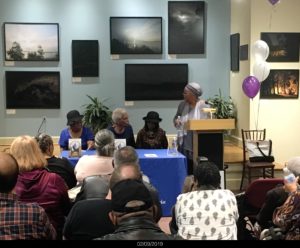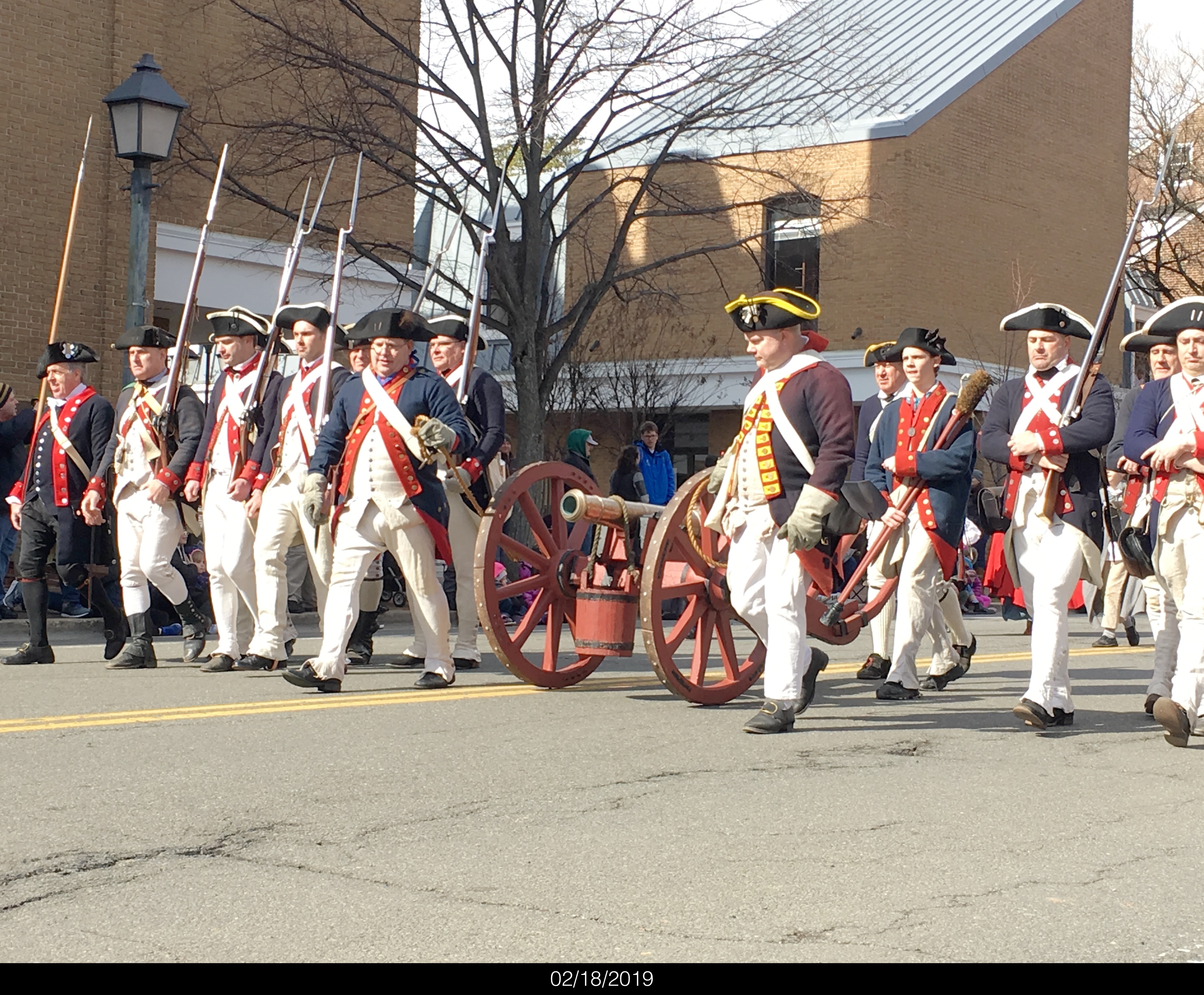If we celebrated, or even recognized, every Day, Week or Month with a designation we’d likely boost GDP by a half-point. All the events, tickets, specials, meals, discounts, etcetera would keep retailers and the service industry glassy-eyed in perpetuity. National Donut Day, Pet Day, Honey Month, National Beer Day, Squirrel Appreciation Day, Bike to Work Day, Clean Hands Week, National Radon Action Week, National French Toast Day (less commonly known as my birthday) National Cook For Your Pets Day and who can forget the first Wednesday in October: National Kale Day. Of course it is. I’m not one to care about many holidays. If all were wiped out except St. Patricks Day and Halloween I’d be ok with it. Maybe.
My first memories of Black History Month date only to the mid or late 1990s. I vaguely recall some flyers and a couple activities sponsored by my employer. Oddly enough at the time I would have been considered a double-minority in my office as a white caucasian male. Perhaps even a triple minority. By far the highest percentage of staff in the office were women and probably most of them African-American women. I was young and given my situational minority status I didn’t much feel the urgency to fully acknowledge the relevance of the month long event. I think maybe we had a couple quizzes to take and a couple sheets of factoids. At the time we didn’t have personal computers, merely dumb terminals and this new intranet thing was still ramping up.

I would have to admit the current political climate served as the impetus for my somewhat tighter embrace of Black History Month this year. No red-carpet roll out necessary as I made no meaningful, in fact no, contributions. Rather I’d like to think I took away some degree of self-education and even appreciation although given my implied white male privilege that’s likely a stretch. I made my third and fourth visits to the Alexandria Black History Museum; a great resource and public space for our community. One trip simply to tour, notably to see photographs of spaces along the Underground Railroad. Unfortunately we were early and the photographer had not yet fully laid out her work. No matter; the fifteen or so prints up brought enough of a chill to deliver the message. Early in the month we also attended a short film sponsored by the Museum and shown at the Lyceum due to its larger venue. An Outrage is the name of the documentary and also the name of my feelings through much of it. I arrived somewhat early as I was still on crutches and preferred a space somewhat isolated so I could store them out of the way. We took our seats very near the front, next to a young couple who inadvertently reminded us it is possible to dress nice-casual in a semi-formal setting such as this. I had on my black jeans so I felt almost overdressed; that quickly passed as the crowd entered dressed something in between a graduation, funeral and church setting. Our seat-neighbors were young; what would they care how we old-folks dress.
Before the introduction and the showing the screen played a loop that included the bios of two African-Americans lynched right here in Alexandria. The loop seemed to serve as a drumbeat of a reminder of our past. While the film was met with mostly silence the occasional gasp could be heard. As for me—my entire insides, body and mind, were scrambled with shame and anger served with a side of determination. Once the film ended the filmmakers were given an introduction by the host; after the introduction the well-dressed, caucasion young couple next to us stood up and walked onto the stage. We had been sitting next to Hannah and Lance. I felt new emotions upon realizing this film had been made by a young, caucasian couple instead of who I pictured would have been the creators.
Another trip to the Alexandria Black History month was to listen to a genealogist and author of a book about Alexandria’s Freedmen’s Cemetery. We walked into a standing room only crowd as Ms. Bah was detailing the legacy of several families related to those buried in the cemetery. We learned parts of the cemetery were discovered after a gas station built on top of it was torn down. What a travesty to have our community neglect the efforts of families who worked to preserve a memory of their deceased. Bah invited descendants of anyone buried in the Freedmen’s Cemetery and the presentation ended with three of them taking a seat at the front of the room and making themselves available for brief words and to sign copies of the Freedman Cemetery book. While we did purchase a copy of the book the line was long—–quite long–and with no connection to the city or cemetery it felt a little touristy to take a place in line so we left shortly after the ladies were seated.

Oddly enough when we attended our first President’s Day Parade in 2018 the message of slavery or black history were not really part of our thoughts. It was a fun parade with all the small-town charm one could imagine. Fire trucks, cub scouts, city council, dogs, candy and an appearance by both President’s Lincoln and Washington. Yet this year I felt differently about it. It was held near the end of Black History month, thus serving as sort of a book-end for our activities. Pre-parade speeches and proclamations where made, including one by one of the Quantico Marine Base leaders. HIs message was largely about neighbors and he tied in a relevant story about one of his. As the first U.S. President, Washington’s land utilized dozens and dozens of slaves. As the sixteenth U.S. President, Lincoln proclaimed them free. As a current day leader of the Marine Base in Quantico we were given orders to better learn about our neighbors. Many of ours are black, some well into their 80’s and at least one nearing her mid-90’s. I wonder what stories they have about their great-greats and if any of them were slaves?
I appreciate where I live and I hope to have something actually meaningful to add to Black History Month in 2020.
